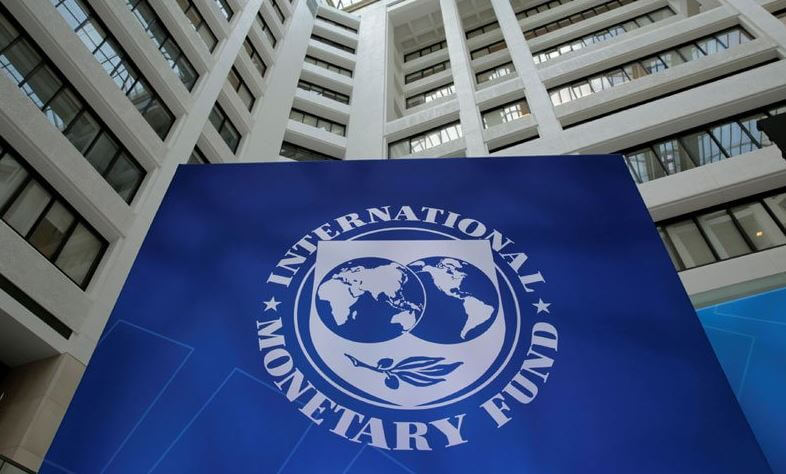Ghana’s cedi retreated to a record low to head for the biggest weekly decline since March 27 after the central bank said debt levels rose and surprised financial markets with an interest rate increase.
The currency of West Africa’s second-largest economy dropped as much as 1.4 percent to 3.99 per dollar before paring losses to trade at 3.955 as of 11:30 a.m. in Accra, the capital. That extended losses over the past five days to 1.9 percent. The cedi’s value has tumbled 19 percent this year, the worst performer among 24 African currencies tracked by Bloomberg.
Policy makers raised the benchmark rate by 1 percentage point to 22 percent on May 13 in a move that wasn’t predicted by any of the eight economists surveyed by Bloomberg. Bank of Ghana Governor Kofi Wampah cited the weakening currency and a worsening inflation outlook as the main reasons for the action.
Public debt rose 16 percent to 88.2 billion cedis ($22 billion) in the first quarter, he said. Data released on Thursday showed the nation’s foreign-exchange reserves dropped 2.5 percent in April.
“Investors could be punishing” the currency because reserves are not enough to support the increased levels of debt, Courage Kingsley Martey, an economist at Accra-based Databank Group Ltd. said by phone. External borrowings amounting to almost 59 percent of the total is also “quite high,” he said.
The interest rate increase could’ve been higher had the government not shown early successes with fiscal austerity measures, agreed to with the International Monetary Fund as part of about $900 million in emergency loans, Wampah said in an interview a day after the MPC announcement.
Ghana is seeking to convince investors that the government can stick to a three-year fiscal plan. Finance Minister Seth Terkper said in an interview on May 12 that he is optimistic about meeting the budget deficit target of 7.5 percent of gross domestic product this year. The shortfall was 9.3 percent of GDP in 2014.
Ghana’s Currency Drops Really Low.
Damilola is a dedicated entertainment writer for Okay Nigeria (Okay.ng). He joined the platform with the aim of using his experience in the Entertainment industry to share wonderful articles in this field. Dammy is a die-hard fan of Wizkid.










